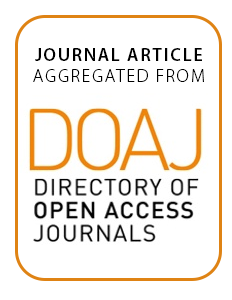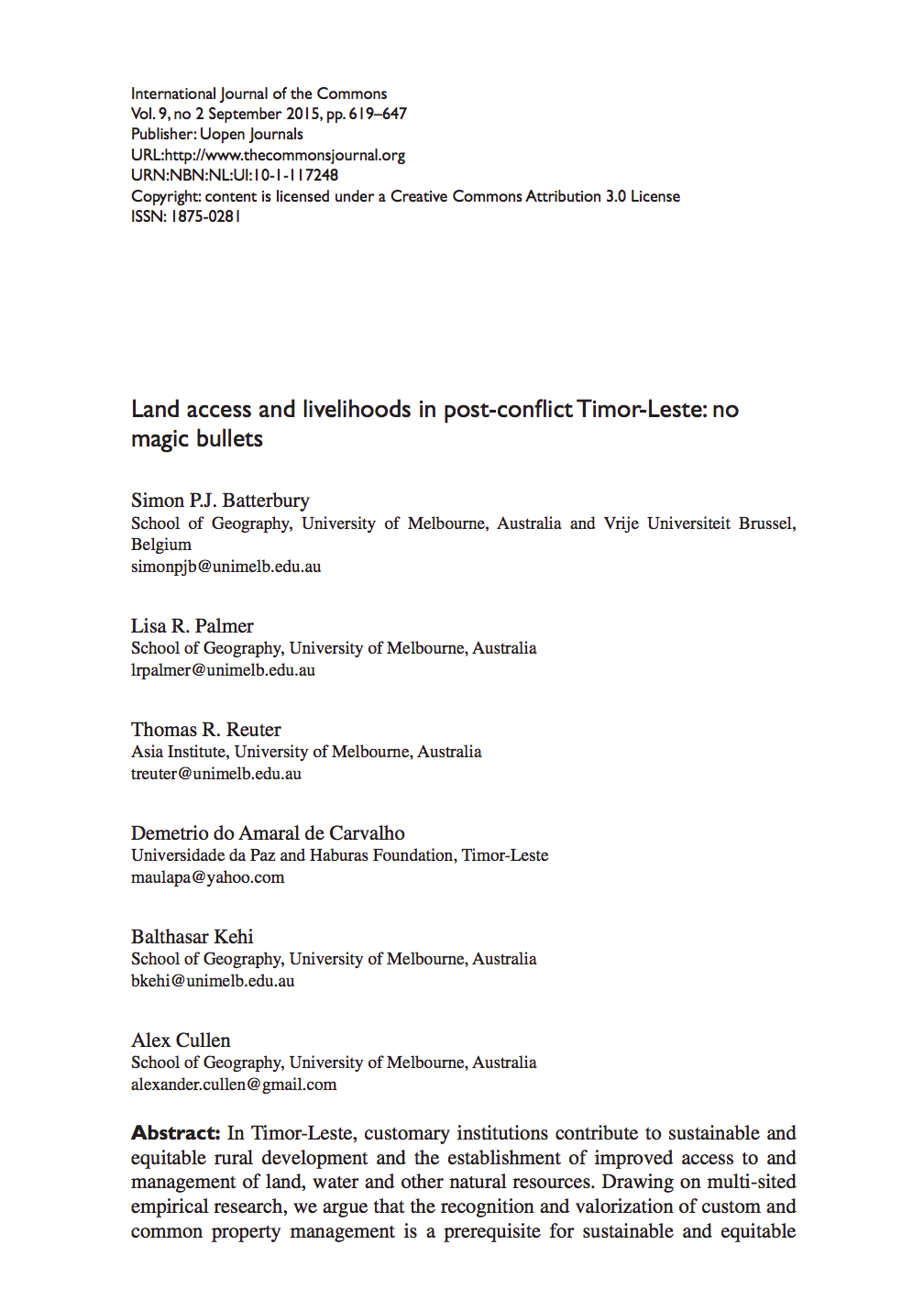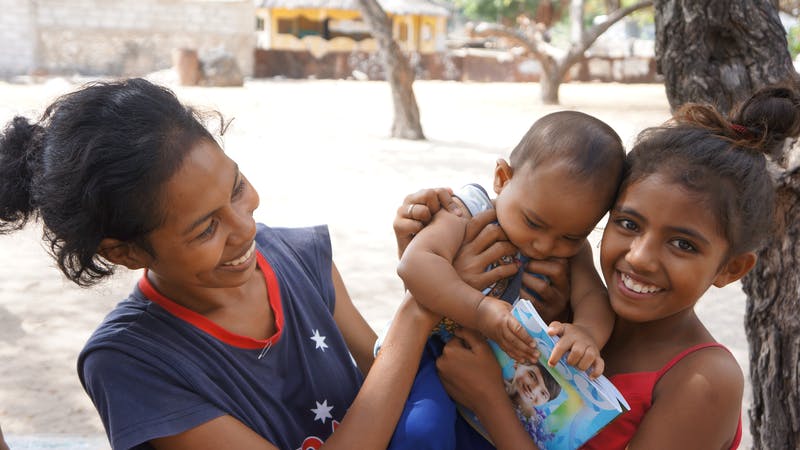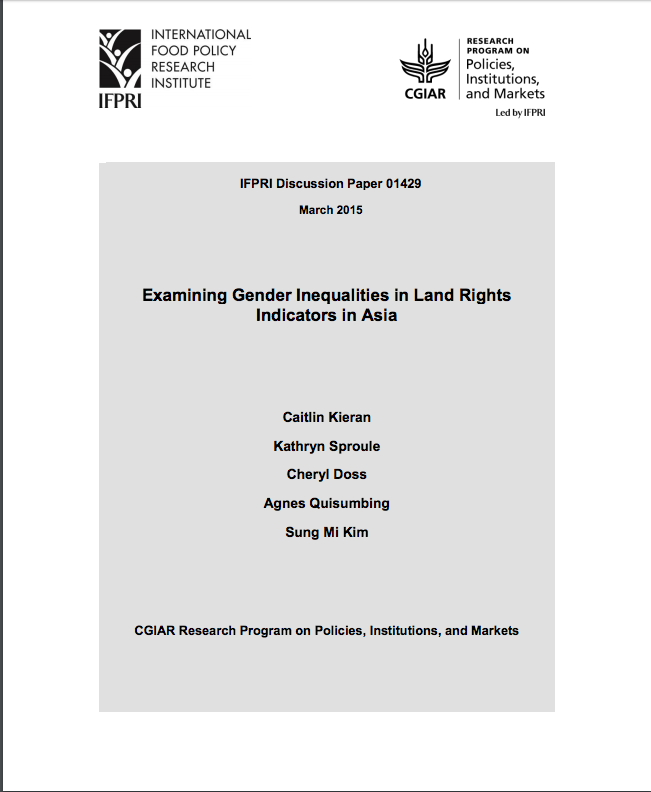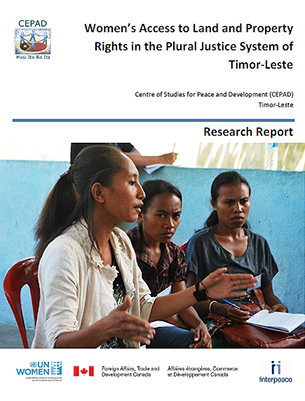This Decree-Law, consisting of 18 articles divided into five Chapters, establishes the general norms regulating the Territorial Land Use Planning (POT) of the Ataúro Island, including its territorial management instruments, as well as actions, programmes, projects and any licensing or…
In November 2015, the government of Timor-Leste showcased its first Special Zone of Social Market Economy (ZEESM) in the Oecusse-Ambeno enclave in a high-profile ‘celebration of Timorese identity’. This event combined the 40th anniversary of the declaration of Timor-Leste’s independence and the…
Land Tenure Legislation in Timor-Leste
By Bernardo Almeida
The establishment of a formal land tenure system in Timor-Leste has been one of the most daunting challenges for the country since its independence. The post-colonial and post-conflict history has left a complex environment…
In Timor-Leste, customary institutions contribute to sustainable and equitable rural development and the establishment of improved access to and management of land, water and other natural resources. Drawing on multi-sited empirical research, we argue that the recognition and valorization of…
In Timor-Leste, customary institutions contribute to sustainable and equitable rural development and the establishment of improved access to and management of land, water and other natural resources. Drawing on multi-sited empirical research, we argue that the recognition and valorization of…
In Timor-Leste, customary institutions contribute to sustainable and equitable rural development and the establishment of improved access to and management of land, water and other natural resources. Drawing on multi-sited empirical research, we argue that the recognition and valorization of…
Woman and her children in Timor-Leste. In a country where historic conflict has drastically impacted the environment and community dynamics, CI is helping to spark dialogue between local community members and government officials to promote peace through conservation agreements. (© Conservation…
This paper reviews the available data on men’s and women’s land rights, identifies what can and cannot be measured by these data, and uses these measures to assess the gaps in the land rights of women and men. Building on the conceptual framework developed in 2014 by Doss et al., we utilize…
In 2012, the UN Secretary-General launched the global Zero Hunger Challenge. This was followed in 2013 by the launch of the Asia-Pacific region’s Zero Hunger Challenge on 29 April 2013 by the UN Deputy Secretary-General and the Executive Secretary of UNESCAP with the participation of Ministers…
The Review of the legislative framework and jurisprudence concerning the right to adequate food in Nepal discusses overarching aspects of Nepalese law and jurisprudence dealing with the human right to food. Following a brief discussion of the international legal protection of the right to food…
As Diretrizes Voluntárias sobre a Governança Responsável da Terra, dos Recursos Pesqueiros e Florestais no contexto da Segurança Alimentar Nacionall visam promover a segurança do direito de posse, garantir o acesso equitativo à terra, pescas e florestas como um meio para erradicar a fome e a…
The Centre of Studies for Peace and Development (CEPAD) with support from UN Women, conducted participatory action research over a period of 12 months in order to examine women’s access to justice in the plural legal system of Timor-Leste with a focus on women’s rights to land and property. The…



